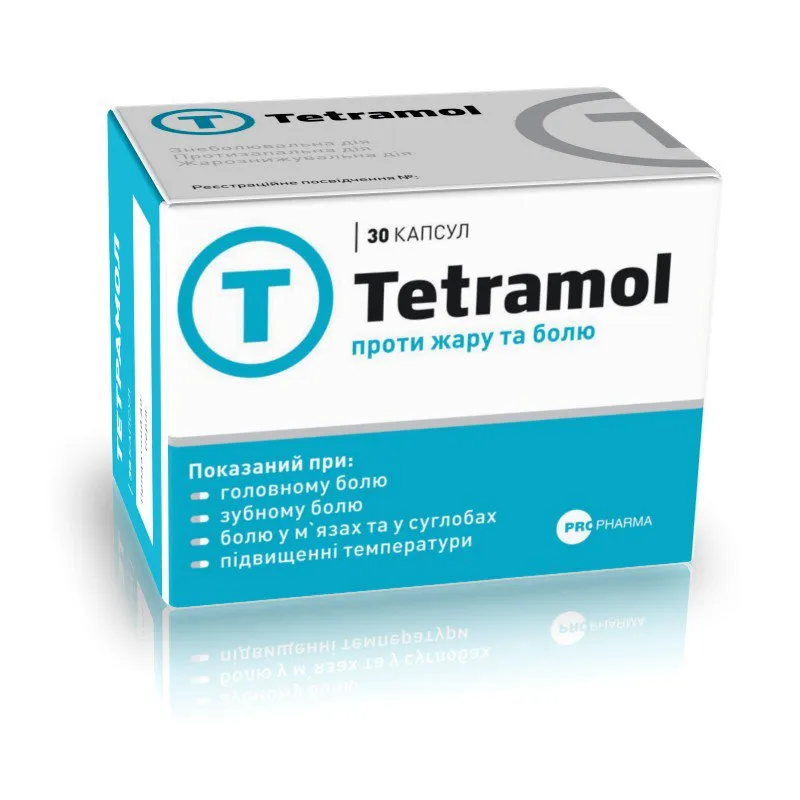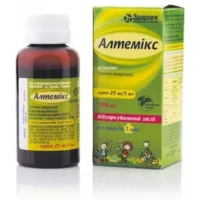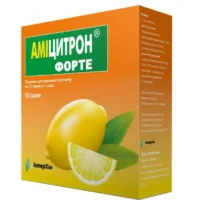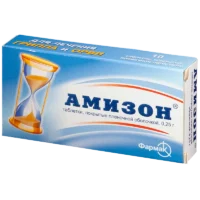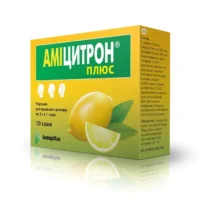Description
Tetramol (Paracetamol, Ibuprofen, Caffeine) Capsules №30
Ingredients
- Paracetamol – XXX mg
- Ibuprofen – XXX mg
- Caffeine – XXX mg
Dosage
Adults: Take 1 capsule every 6 hours as needed. Do not exceed 4 capsules in 24 hours.
Indications
Tetramol capsules are indicated for the relief of mild to moderate pain such as headaches, muscle aches, menstrual cramps, and fever.
Contraindications
- Do not use Tetramol capsules if you:
- Are allergic to any of the ingredients
- Have a history of stomach ulcers or gastrointestinal bleeding
- Are pregnant or breastfeeding
Directions
Swallow the capsules whole with a full glass of water. Do not crush or chew the capsules.
Scientific Evidence
Tetramol (paracetamol, ibuprofen, caffeine) capsules have shown significant efficacy in clinical studies for pain relief and fever reduction. The combination of these ingredients provided superior analgesic effects compared to individual components alone. The synergistic action targets different pain pathways, inflammation, and adenosine receptors, enhancing overall effectiveness.
Additional Information
It is important to follow the recommended dosage and not exceed the maximum daily limit to avoid potential side effects. Store the capsules in a cool, dry place away from direct sunlight and out of reach of children. Discontinue use and seek medical advice promptly if adverse reactions occur.

